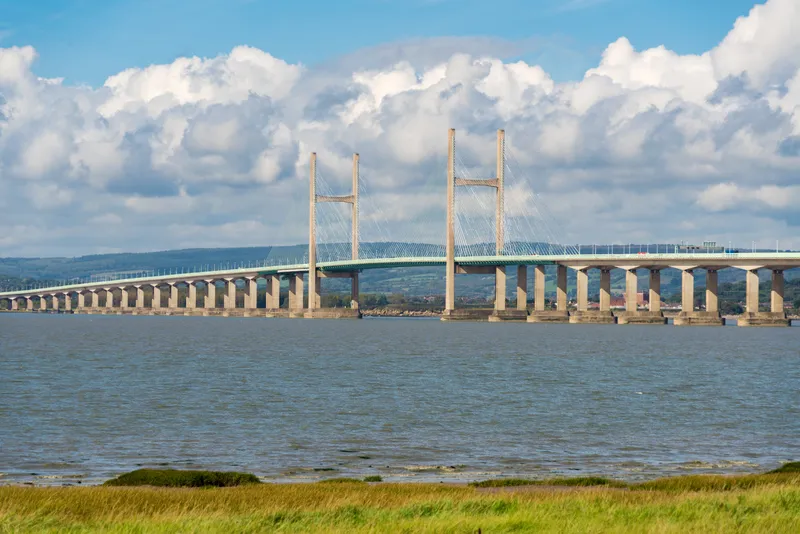
Drivers will see an end to tolls on the UK’s Severn Crossings in 2018; the bridges are used by more than 25 million vehicles each year, saving significant travel time and distance for commuters and drivers using the M4 motorway.
However, the tolls on both Severn Crossings have been seen as an economic and symbolic barrier to Wales’ future prosperity.
It is estimated that this announcement would boost the economy of South Wales by around US$130 million (£100 million) a year and the average motorist could save over US$1,800 (£1,400) per year.
The first Severn Bridge was opened in September 1966, providing a direct link from the M4 motorway into Wales, with a toll in place for use of the bridge to pay for the cost of construction. It continually operated above capacity and in 1986 the then Government stated that a second bridge would be constructed.
In 1988, tenders were invited from private consortia to fund, build and operate the second bridge and take over the operation of the first bridge and in 1990 the concession was awarded to Severn River Crossing. Construction work also started in April 1992 and the second bridge was opened in June 1996.
When the bridges come under public ownership, they will be run by









